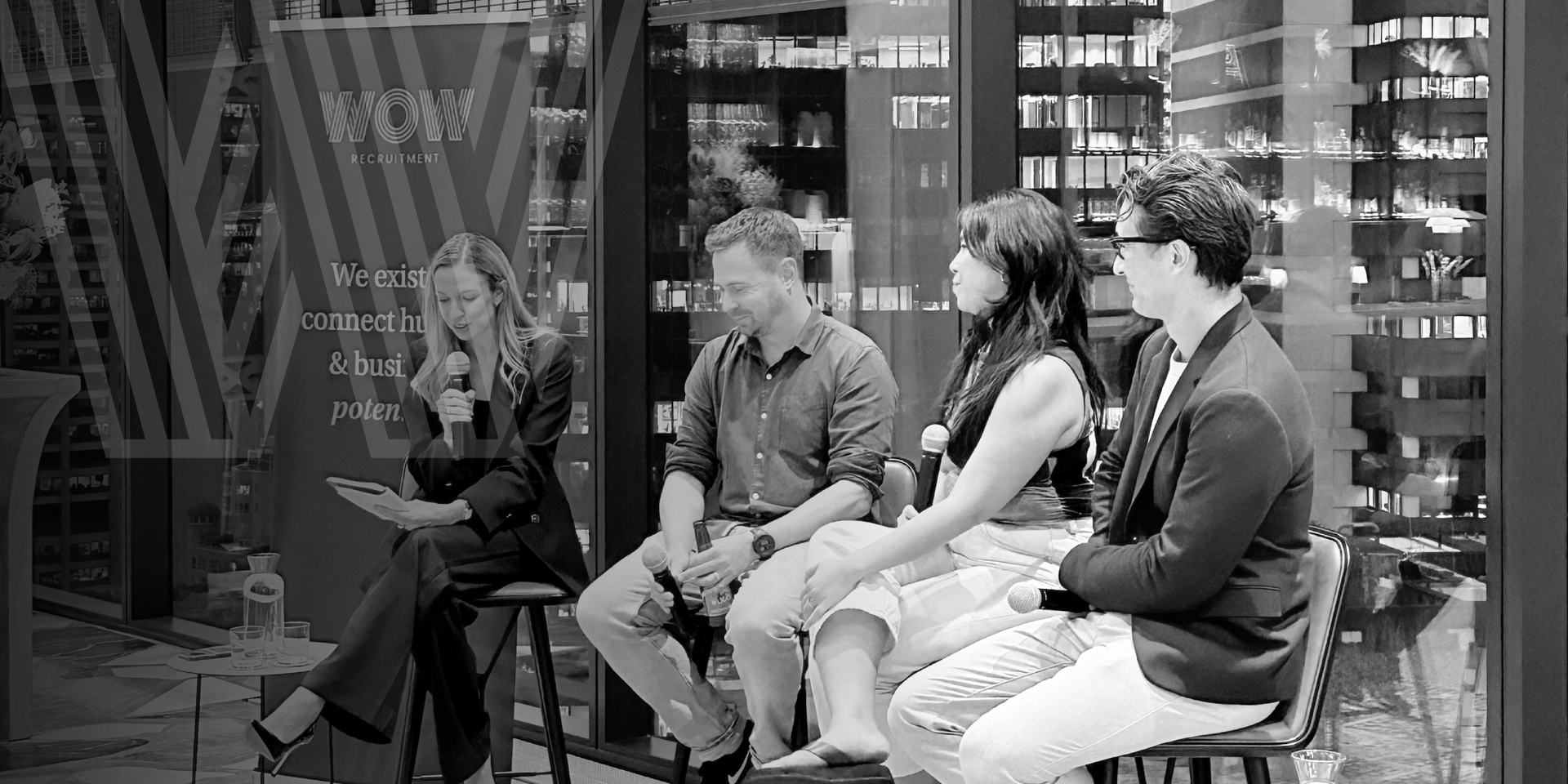How to prepare for a job interview
Effective preparation is key to success in any job interview. Preparing examples and answers, planning your commute and testing any technology will help to ensure that nothing goes wrong – and even if it does, that you’re prepared to adapt.
To help you get ready for your next interview, we’ve prepared a series of common tips that are widely applicable to most job sectors. If you require advice specific to your specialty, get in touch with our team instead.
Preparing for your job interview
1. Do your research
Re-read the job description and go online to learn more about the company – their USPs, their values, their customers.
From here, you should be able to tailor your responses to suit this information, for example telling stories about your work history that involve similar skills, attributes, values or mutual personal contacts.
2. Prepare for common job interview questions
It’s highly likely that, regardless of your sector, you will be asked a range of common questions during your job interview. Preparing for these can help you to deliver a range of answers in a clear and concise manner, and to commit your CV to memory.
Common job interview questions
- Why do you want to work here?
- Tell me about your strengths and development areas/weaknesses.
- Tell me about a time where you encountered a challenging work situation, and what you did about it.
- Tell me about what KPIs you had in your previous role. What steps did you take to achieve these?
- Why did you leave your previous job?
- What are your salary expectations?
Learn more: How to negotiate pay in a job interview
3. Learn the STAR method of answering questions
The STAR method can further help you to answer questions in a succinct manner, teaching you to efficiently cover relevant points while telling a story.
The STAR method is:
- Situation: Describe the situation or challenge that you faced.
- Task: Talk about your role within that situation.
- Action: Explain what action steps you took to address the issue.
- Result: Finish on what happened next, how it resolved.
4. Prepare your own questions
Asking your own questions helps to show that you are eager and interested in the role, and that you take it seriously. You can ask these at any point where relevant, though you’ll typically be asked if you have any questions at the end of the interview.
Example questions
- How does this role contribute to realising the company’s vision?
- What skills gaps exist within the team that you’re looking to fill with this role?
- What are the most important qualities for succeeding here?
- What development and growth opportunities do you offer?
- What is the biggest challenge facing this company right now, and how will this role help with that?
5. Arrive prepared with documentation and references
While the hiring manager will already have a copy of your CV, other members of the company who have been invited to the interview may wish to see it as well. Bring one or two extra copies so that you can hand them out where required.
Additionally, ensure that you bring any other documentation you feel may be applicable to the role, such as a portfolio, certifications, passport, your covering letter and any references or letters of recommendation.
6. Plan your day
Planning the day itself will cut down on the things you need to think about in advance of your interview.
Pick your outfit the day before, ensuring it’s clean and ironed. Dress professionally until you learn the company’s dress code.
Then plan the commute. Familiarise yourself with the steps it will take for you to arrive on time. Consider planning a backup route and parking/transport alternatives in case something goes wrong on the day.
7. For video interviews, test everything the day before
If your interview will be conducted over video, take a moment the day prior to test your technology and plan backups in case something doesn’t work.
A practice run can help, as this will give you a chance to test everything in a real call. Test alternate devices too, just in case you need them.
Find somewhere quiet and out of the way, so there are no distractions during your call. Opt for a plain background or, if not possible, remove any clutter from behind you.
During the interview
8. Job interview etiquette
Plan to arrive 10 minutes early to show your reliability.
As you arrive, ensure you shake your interviewer’s hand and make good eye contact. Try to remember their name – repeating it may help, for example by responding to their introduction with, “It’s nice to meet you, Kelly.”
9. Body language tips for your job interview
Throughout the interview, maintain natural eye contact and try to look at the person who you're speaking to. If multiple people are in the room, include everyone.
Sit upright and don’t fidget or shake your leg, as this may seem unprofessional. Smile occasionally, to show that you feel confident and relaxed.
Learn more: How to Stand Out: Behavioural Interview Strategies
10. Etiquette and body language for a video interview
You cannot shake hands over video conference, but you can still make good eye contact. Try to position your camera close to the screen where possible, so your eyes aren’t looking off-camera while you talk.
Don’t read anything or browse any other pages unless asked to by the hiring manager, as it will look like you’re not paying attention.
Finally, speak clearly, project your voice and slow down – it may be hard to understand your responses if there’s any microphone or internet delay. Talking clearly and calmly will help.
11. Don’t talk negatively about your current employer
Even if you were seriously unhappy with your previous role, try not to talk negatively about your past employer. Remember, the hiring manager is looking to see how you act and maintain yourself, and they may worry that if you’re overly-negative you won’t fit into their culture.
Keep things positive by focusing on what you gained from the experience, and what you’d like to do next with your career.
12. Tell yourself it’s OK not to know an answer
There may come a moment during your interview where you don’t have an immediate answer. First, know that this is OK – whether it’s nerves or you just don’t know, it happens to everyone.
The first thing to do is to slow down and think about the question a moment longer. Resist the urge to say “umm” or fill the silence, just ask for a moment to think. It will show the hiring manager you are taking the question seriously, and giving it good consideration.
If you still can’t think of a response, be honest. Use this as an opportunity to show your problem-solving skills, for example:
- “I'm not sure about that right now, but I can find out and get back to you after the interview if you’d like.”
- “I'm not sure how I would respond to that situation, as I haven’t been in it before. But, in any context where I’m uncertain, the first thing I would do is seek out someone who does know and ask for assistance.”
Following up after the interview
13. Ask about next steps
When the interview ends, ask about what the follow-up steps will look like, or their expected timeframe for making a decision. Not only will this give you an insight into how long the process will take, it further shows your interest in the role.
14. Send a follow-up email
Sending a follow-up email after your job interview will help you to stay in the front of the hiring manager’s mind. Again, it also shows your eagerness for the position.
We recommend sending it through either later the same day, or the next morning, so that your interview is fresh.
Example follow-up email template
Restate your interest in the role. Note any areas of particular interest that stuck out to you during the interview.
Reiterate a few short points about your suitability for the position, based on the job description, and what you learned by asking questions to the hiring manager.
End by offering to provide further information if required, and that you hope to hear from them soon.
Learn more: Turning Setbacks into Stepping Stones: How to Handle Job Rejection Positively
Need support? We can help
We understand that job interviews can seem daunting. If you require extra support, or would like advice tailored to your specific interview, we’re here to help.
Learn
how we assist job seekers here, or
reach out to our team directly.










